WandaVision Writer Jac Schaeffer Reveals Marvel’s Feminist Agenda
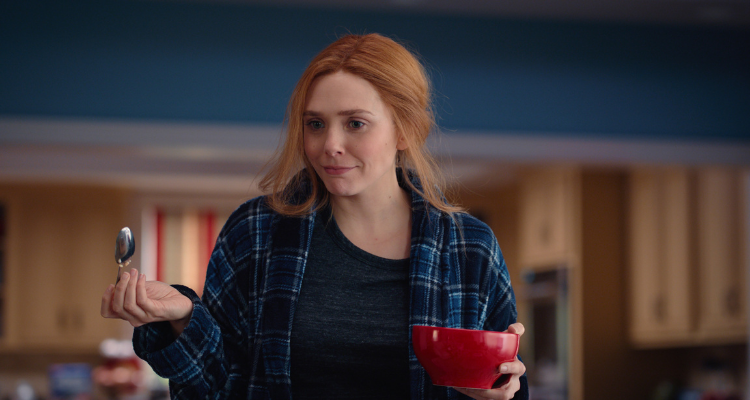
WandaVision writer Jac Schaeffer recently revealed Marvel Studios’ feminist agenda in a discussion about subverting the superhero genre.
Schaeffer spoke with Variety about Marvel Studios’ latest show providing details about the design of the show, but she also provided a glimpse at Marvel’s feminist agenda.
First, she stated, “The design of the show from early on was that we were going to frontload the TV sitcom stuff and the ‘Twilight Zone’ aspects with this Lynchian vibe.”
“Then we would get to the more cut-and-dry superhero fare and the blasty blasty and people flying in the air and all the wire work in the middle of the narrative, and then we would end on this big bang,” she continued.
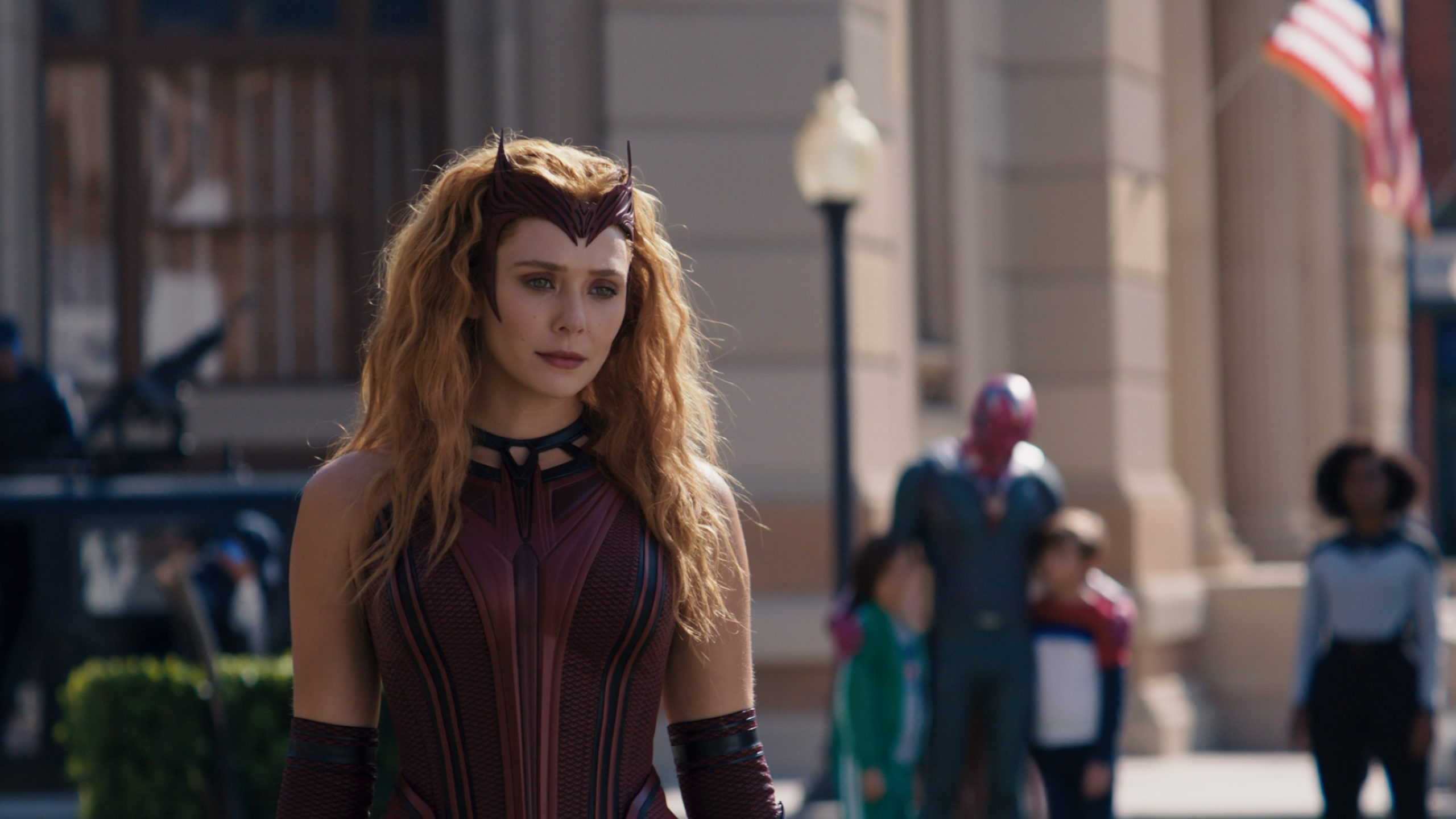
(L-R): Scarlet Witch/Wanda Maximoff (Elizabeth Olsen), Tommy (Jett Klyne), Vision (Paul Bettany), Billy (Julian Hilliard) and Monica Rambeau (Teyonah Parris) in Marvel Studios’ WANDAVISION exclusively on Disney+. Photo courtesy of Marvel Studios. ©Marvel Studios 2021. All Rights Reserved.
Related: WandaVision And Black Widow Writer Jac Schaeffer Reveals How Clueless She Is About Marvel
Schaeffer previously claimed she struggled to read comics. She explained “I’m not a very good comic reader. I have a hard time digesting the storylines and I never know which cell to look at, and I don’t know, I’m a disappointment, perhaps, to the fandom in that way, but the imagery is always, of course, very startling and moving and inspiring, and it was Kevin Feige’s idea to marry Wanda and Vision to the sitcom world.”
Nevertheless, she tells Variety, “Comics and comic material often have women who have epic powers on a scale that’s so enormous that it could destroy the world.”
“Then the narrative often goes in a direction where she comes undone emotionally and can’t control it,” she continued.
Schaeffer then proclaimed, “We would never allow the dialogue to be, ‘I can’t control it!”
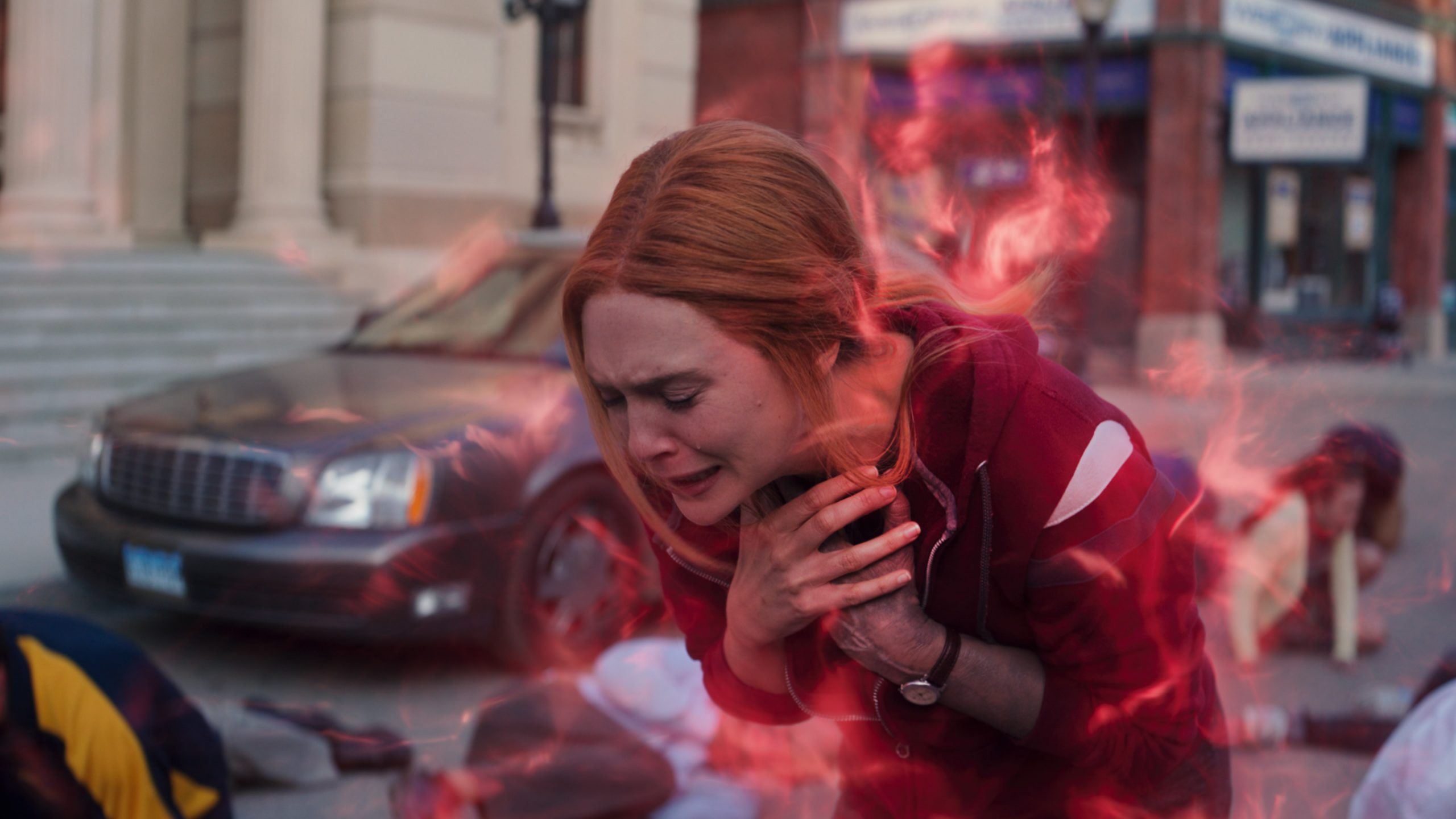
Elizabeth Olsen as Wanda Maximoff in Marvel Studios’ WANDAVISION exclusively on Disney+. Photo courtesy of Marvel Studios. ©Marvel Studios 2021. All Rights Reserved.
This attitude doesn’t appear to be coming just from Schaeffer as Marvel Studios boss Kevin Feige previously detailed that a Doctor Strange cameo was cut from the show.
“Some people might say, ‘Oh, it would’ve been so cool to see Doctor Strange.’ But it would have taken away from Wanda,” Feige explained.
He added, “We didn’t want the end of the show to be commoditized to go to the next movie – here’s the white guy, ‘Let me show you how power works.'”
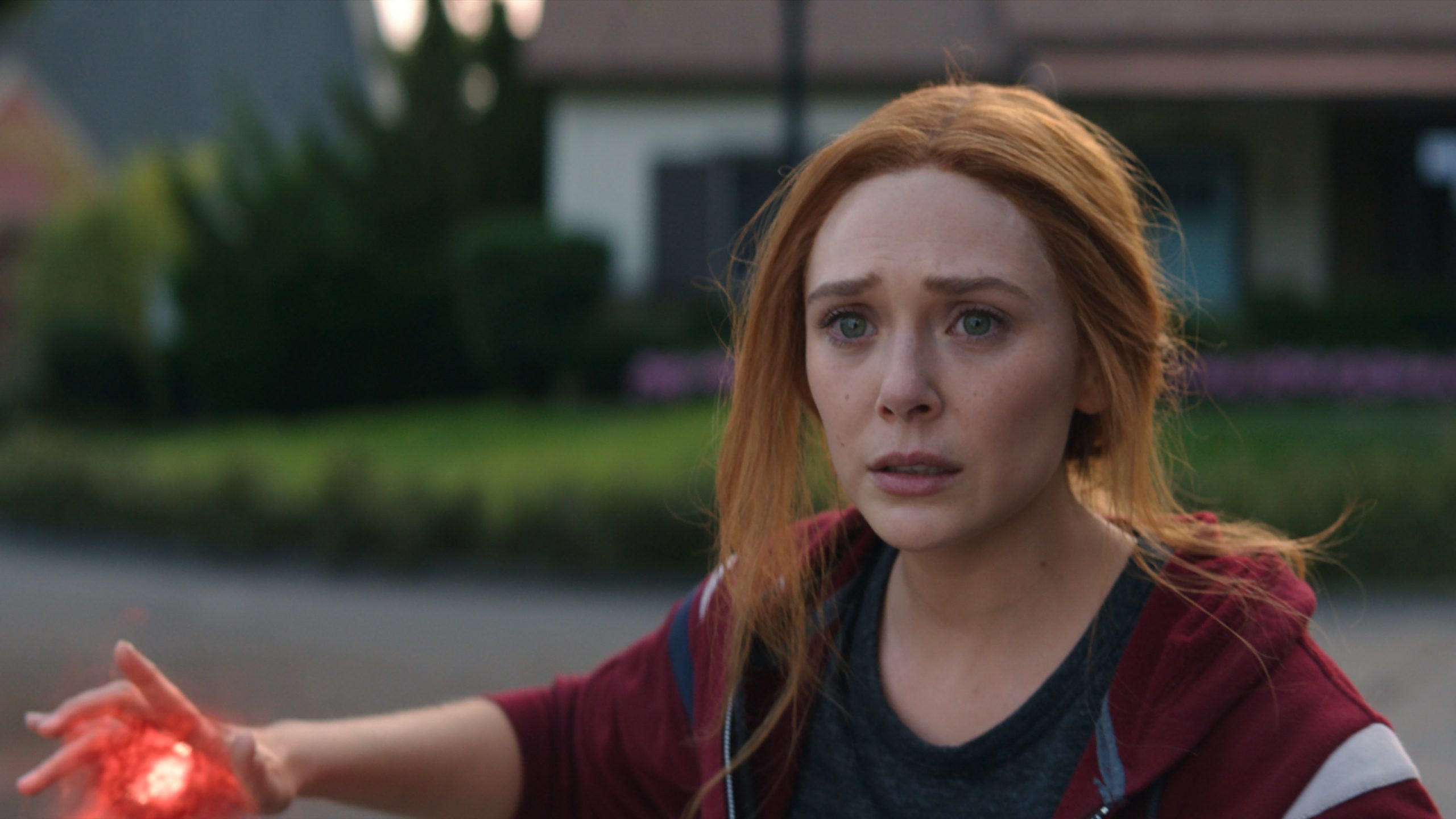
Elizabeth Olsen as Wanda Maximoff in Marvel Studios’ WANDAVISION exclusively on Disney+. Photo courtesy of Marvel Studios. ©Marvel Studios 2021. All Rights Reserved.
However, WandaVision does show Wanda coming undone emotionally and losing control of her powers. In fact, she loses control so much that she enslaves an entire town of people.
So, while she might not say that she can’t control her powers, it’s definitely shown throughout the show that she can’t control them.
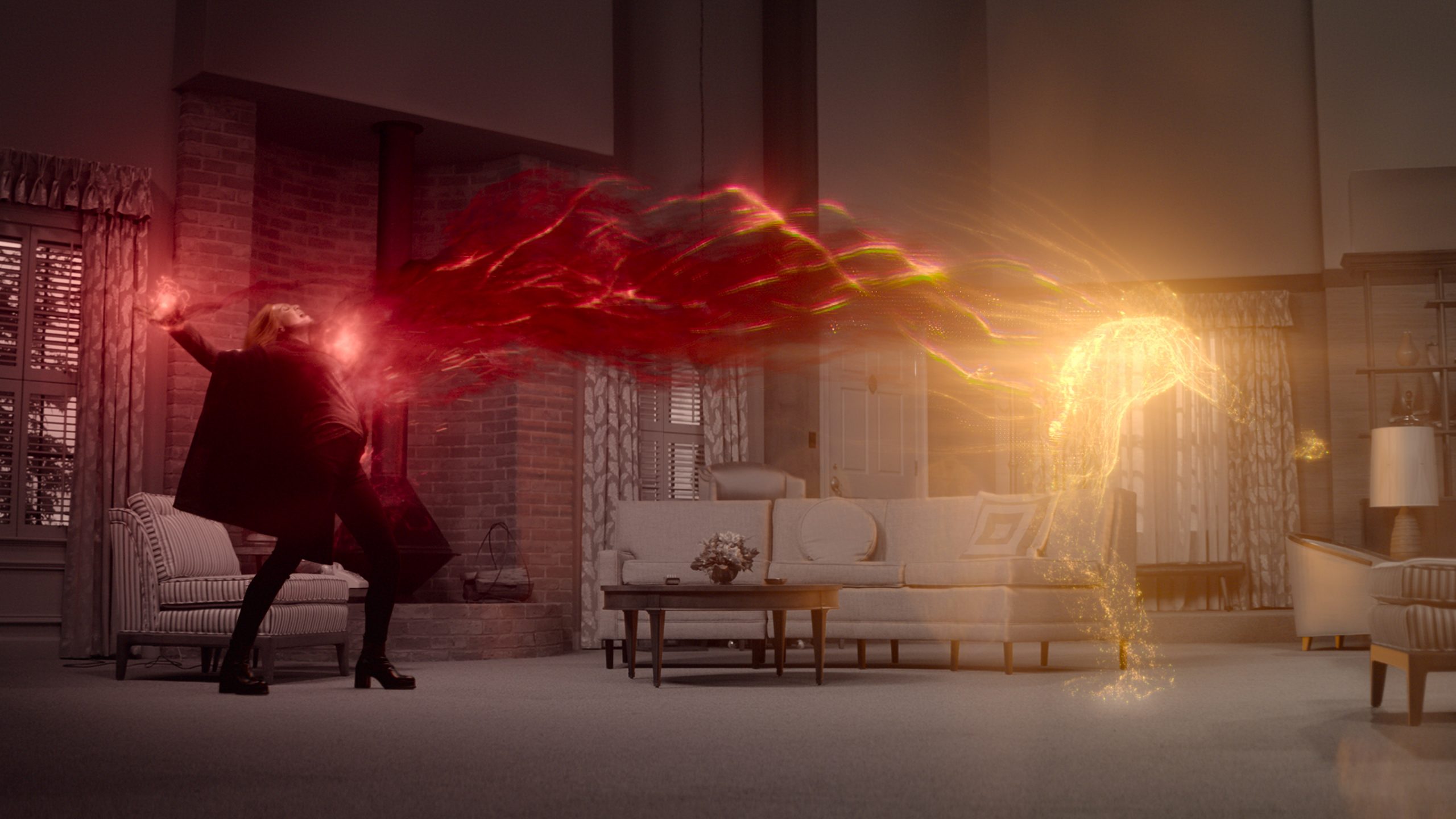
Elizabeth Olsen as Wanda Maximoff in Marvel Studios’ WANDAVISION exclusively on Disney+. Photo courtesy of Marvel Studios. ©Marvel Studios 2021. All Rights Reserved.
Interestingly enough, while they would not allow Wanda to utter those words, it is a main theme in Tony Stark aka Iron Man’s arc throughout the Marvel Cinematic Universe.
The first film is all about his weapons falling out of his control. The second movie is his Iron Man technology being recreated by Whiplash and exploited by Justin Hammer.
Stark’s fear of losing control leads him to create Ultron who tries to wipe out all of humanity. That fear also leads him to initially side against Captain America in the Civil War film.
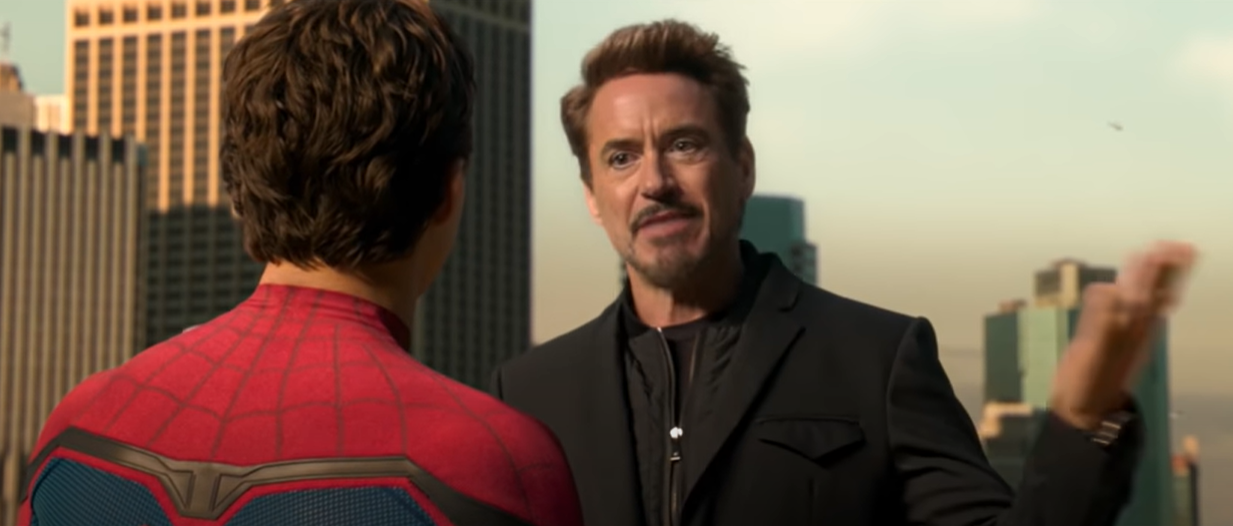
Source: Spider-Man: Homecoming
Tony Stark isn’t the only character who explores this theme in the Marvel Cinematic Universe. Spider-Man famously struggles with his powers. In Spider-Man: Homecoming, Stark has to save the day when Spider-Man attempts to jump Vulture during an arms deal.
Spider-Man makes a mess of it that results in a ferry boat being split in half and sinking into the river. Fortunately, Stark is able to save the day and repair the boat and break up the arms deal, but Vulture is able to escape.
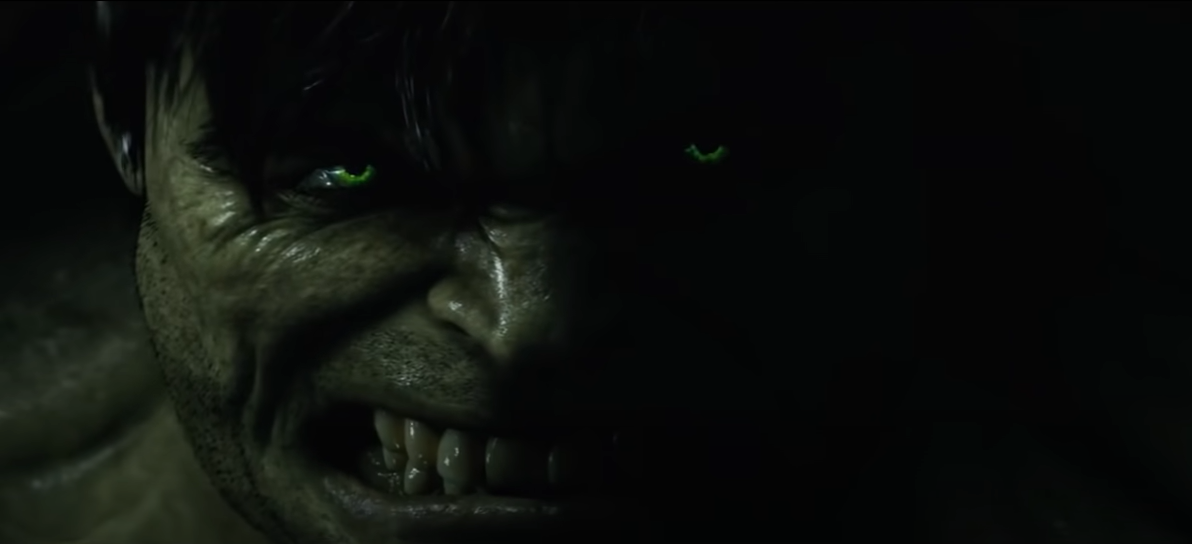
Source: The Incredible Hulk
Another character who struggles with the ability to control his powers is The Hulk. It’s not until the first Avengers movie that he’s able to control the process.
Much of the first film is him struggling with his powers and trying to prevent the Hulk from doing massive damage to high density areas.
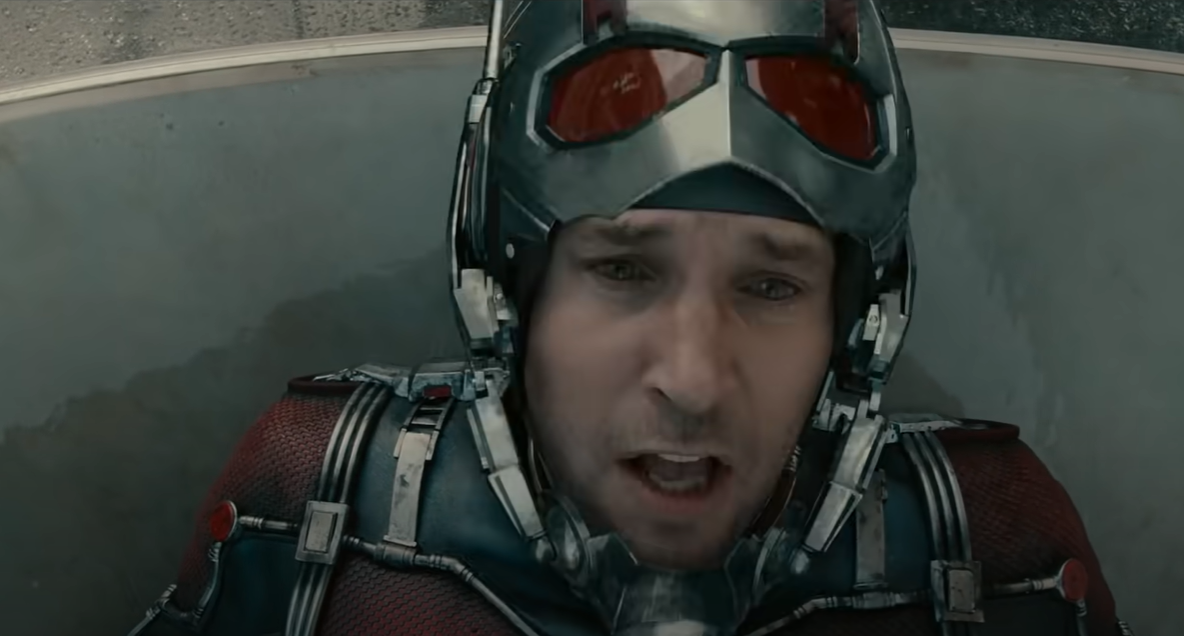
Source: Ant-Man
In the first Ant-Man film, Scott Lang also loses control of his suit when he first tries it on. In fact, Michael Douglas’ Hank Pym tells him, “Not bad for a test drive. Keep the suit. I’ll be in touch.”
Lang uncontrollably shaking his head responded, “No. No, no. No. No, thank you.”
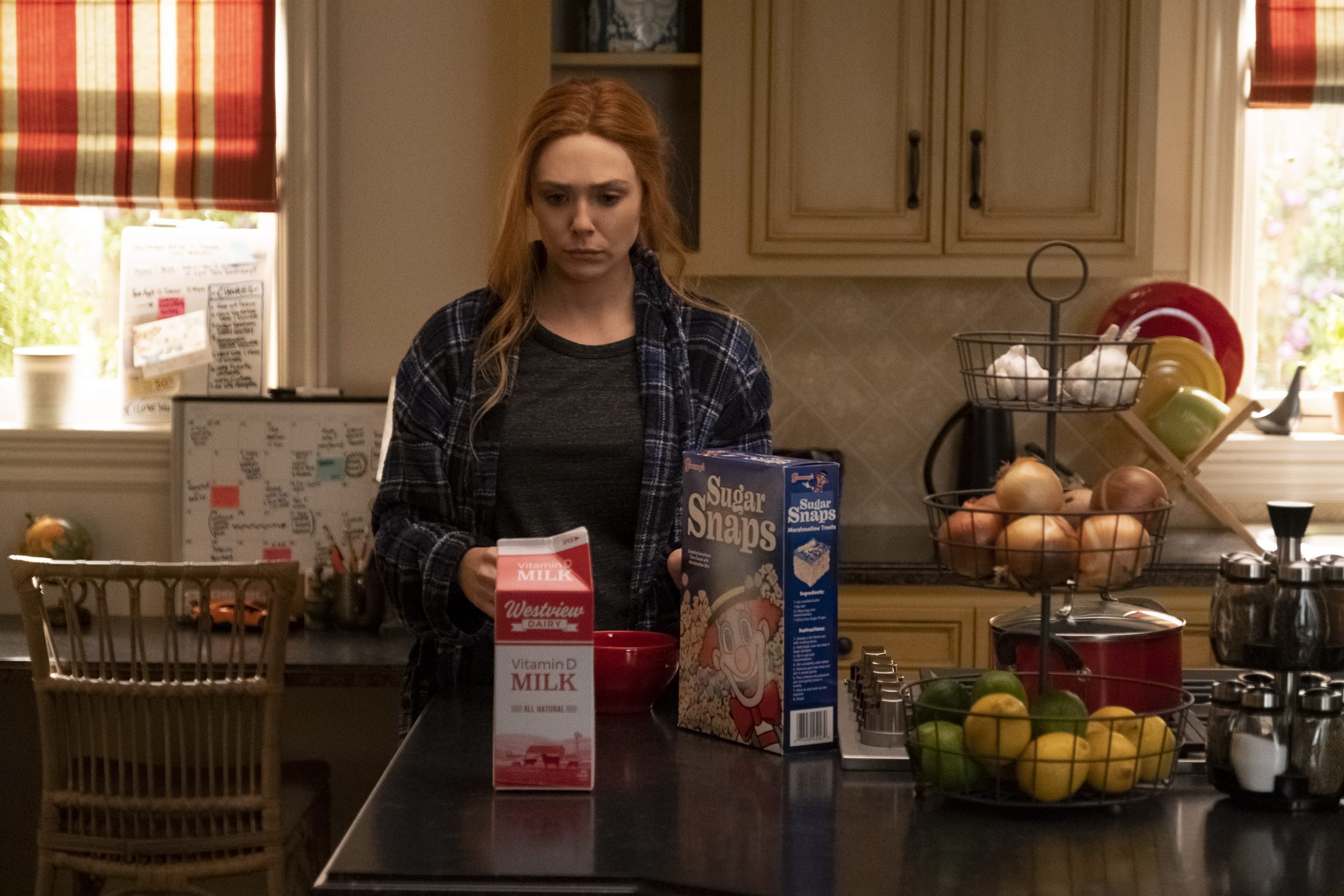
Elizabeth Olsen as Wanda Maximoff in Marvel Studios’ WANDAVISION exclusively on Disney+. Photo by Chuck Zlotnick. ©Marvel Studios 2021. All Rights Reserved.
Despite all of these examples from the Marvel Cinematic Universe of male characters saying this, Schaeffer’s claim that Wanda wouldn’t say this shouldn’t come as a surprise.
Schaeffer previously claimed, “I’m not interested in adhering to comic canon that is discriminatory in any way or that violates my values system.”
Well, it appears we found out one piece of comic canon that she will definitely not adhere to. Wanda will not be allowed to admit that she can’t control her power.
And it’s more than likely we won’t see any more scenes with Wanda where she struggles to control her power like we did in the beginning of Captain America: Civil War.
What do you make of Jac Schaeffer’s comments?
More About:Television
